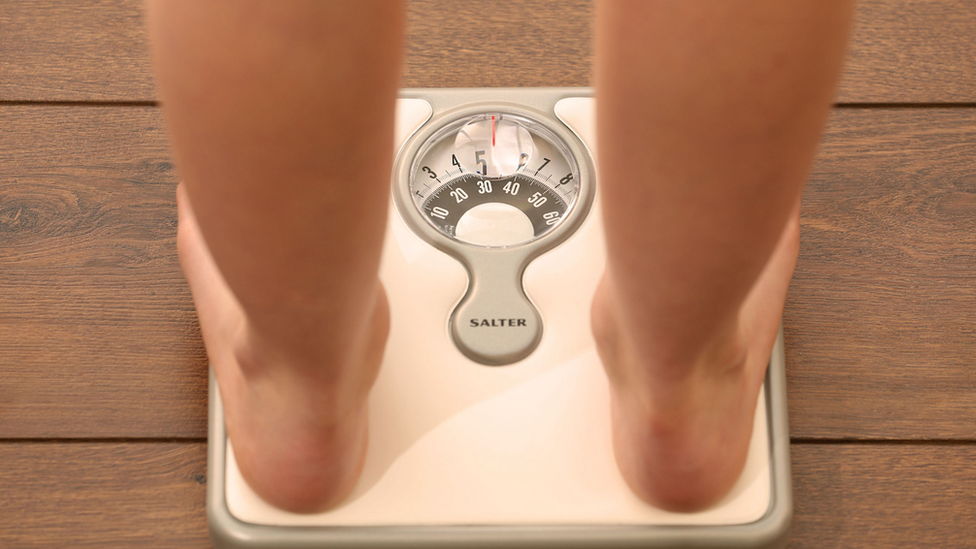Why baby formula is in council's sights for ad ban
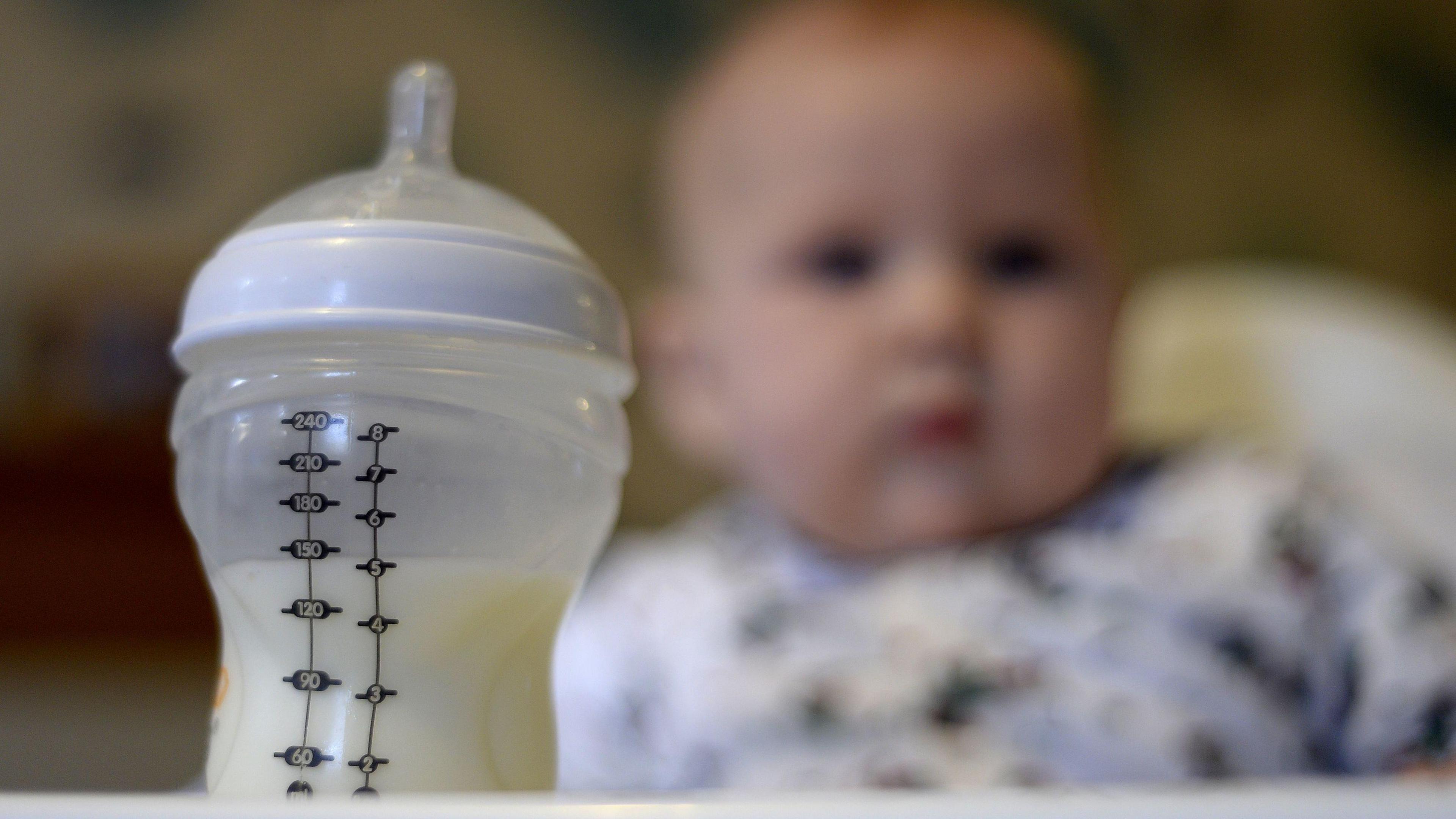
The World Health Organization recommends breastfeeding until at least six months
- Published
A council is set to restrict advertising of baby formula and baby foods sold in jars and pouches on sites it owns.
Knowsley Council said the move was part of its plans to prevent the marketing of "health harming or misleading products".
A report prepared for the Merseyside council's cabinet on Wednesday said infant formula was often marketed in such a way that it suggests "its benefits outweigh breastfeeding".
It comes after the authority announced last year it would restrict adverts for unhealthy food on its sites as part of its strategy to tackle its obesity rates, which according to NHS data is among the highest in England.
The World Health Organization and Unicef recommend exclusive breastfeeding until six months as best practice and continued breastfeeding alongside solid foods until a child is at least two years old.
In the UK there are restrictions on advertising infant formula, external for babies under six months but companies are able to advertise follow-on milks.
The council report proposes to add restrictions on advertising baby formula and baby foods to its Healthier Advertising Policy introduced in January 2024.
It said the move would "align" with the aims of the authority's breastfeeding strategy.
The document said: "Infant formula is often marketed in such a way it suggests its benefits outweigh breastfeeding or simply using cows' milk after the age of one."
"The marketing and packaging of these products can be misleading and undermines public health messaging for breastfeeding, widening health inequalities particularly for those on lower incomes," it added.
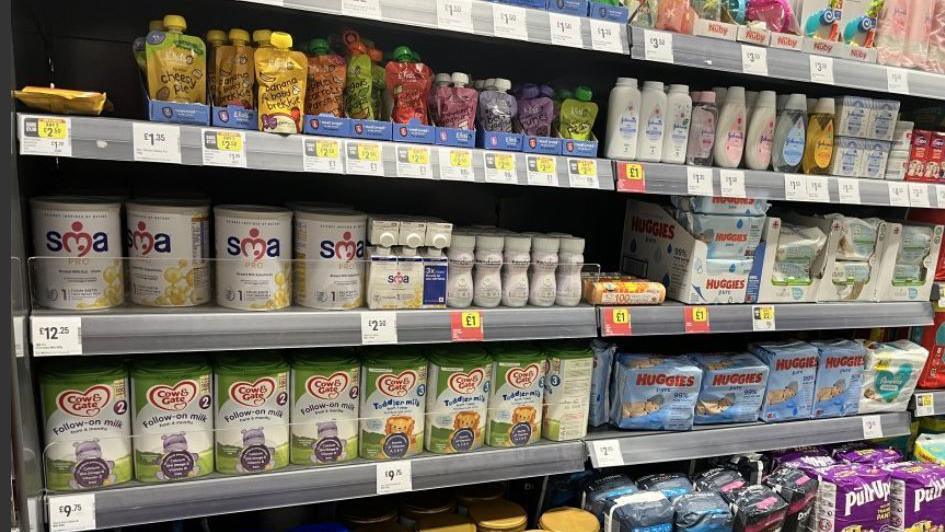
Knowsley Council says formula and baby pouches are marketed as "healthier or better" than breastfeeding or homemade food
The report said baby foods - usually sold in packets, jars or pouches - were also marketed in such a way "they appear to be healthier and better for the child than fresh foods prepared at home or used in raw form".
It said the so-called "health halos" such as "organic" or "supports with hand to mouth co-ordination" undermined the use of non-processed foods instead.
The report said they were "often less nutritious" than preparing food at home and were advertised as suitable for babies from four months, "directly contravening global health guidance for weaning at six months".
A BBC investigation in April found parents had been "misled" by marketing of baby food pouches which were often lacking key ingredients.
In response, the Department of Health said there were existing laws to ensure the safety and quality of baby food and it was "committed to tackling the childhood obesity crisis and improving children's health through our Plan for Change, external".
The Knowsley Council report also proposed restricting advertising payday and high interest loans.
It said they were "damaging to financial wellbeing" and "trapping people into a cycle of unaffordable debt" which "can lead to severe mental health impacts".
Get in touch
Tell us which stories we should cover on Merseyside
Listen to the best of BBC Radio Merseyside on Sounds and follow BBC Merseyside on Facebook, external, X, external, and Instagram, external. You can also send story ideas via Whatsapp to 0808 100 2230.
Related topics
Related stories
- Published28 April
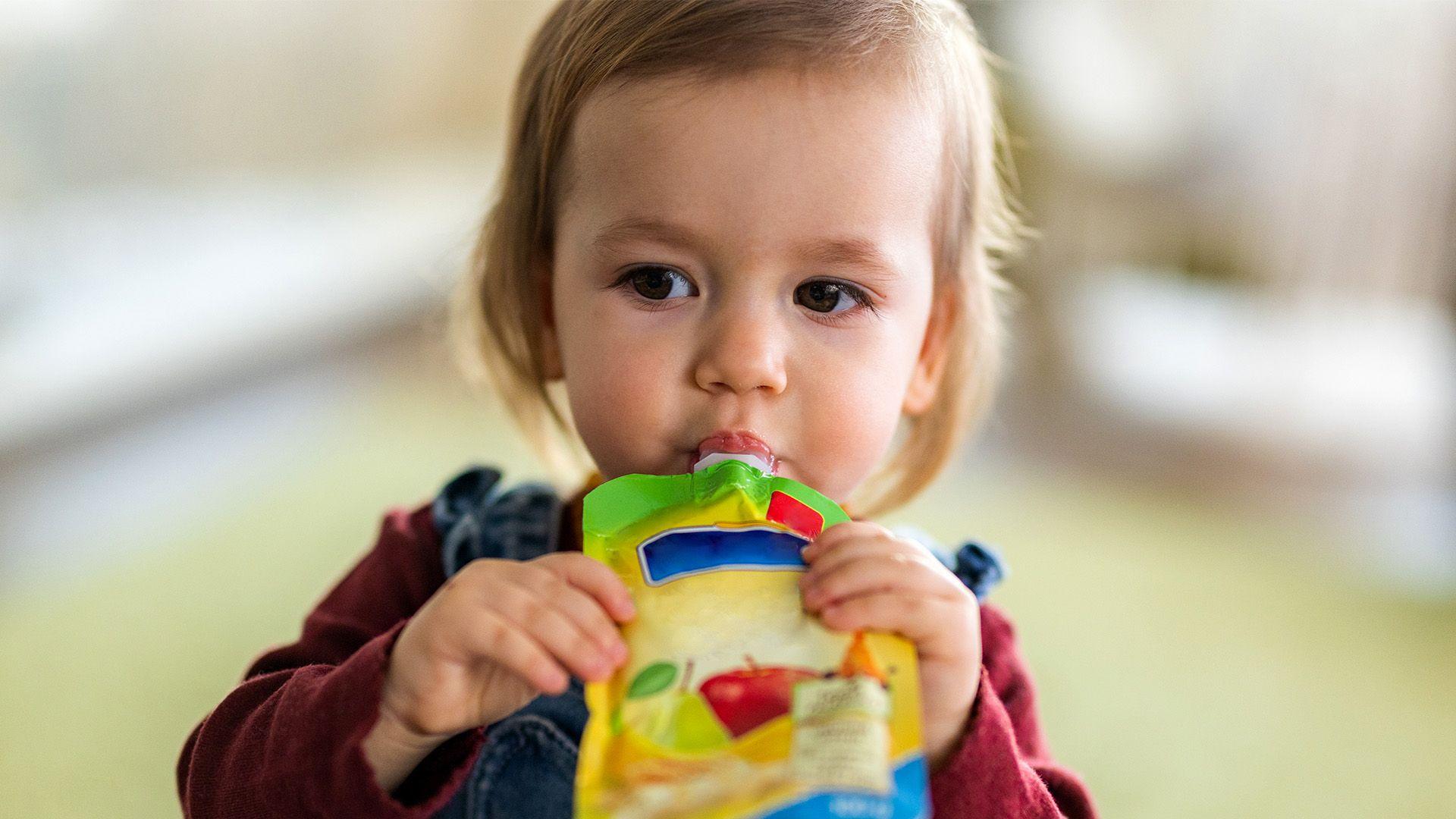
- Published10 November 2024
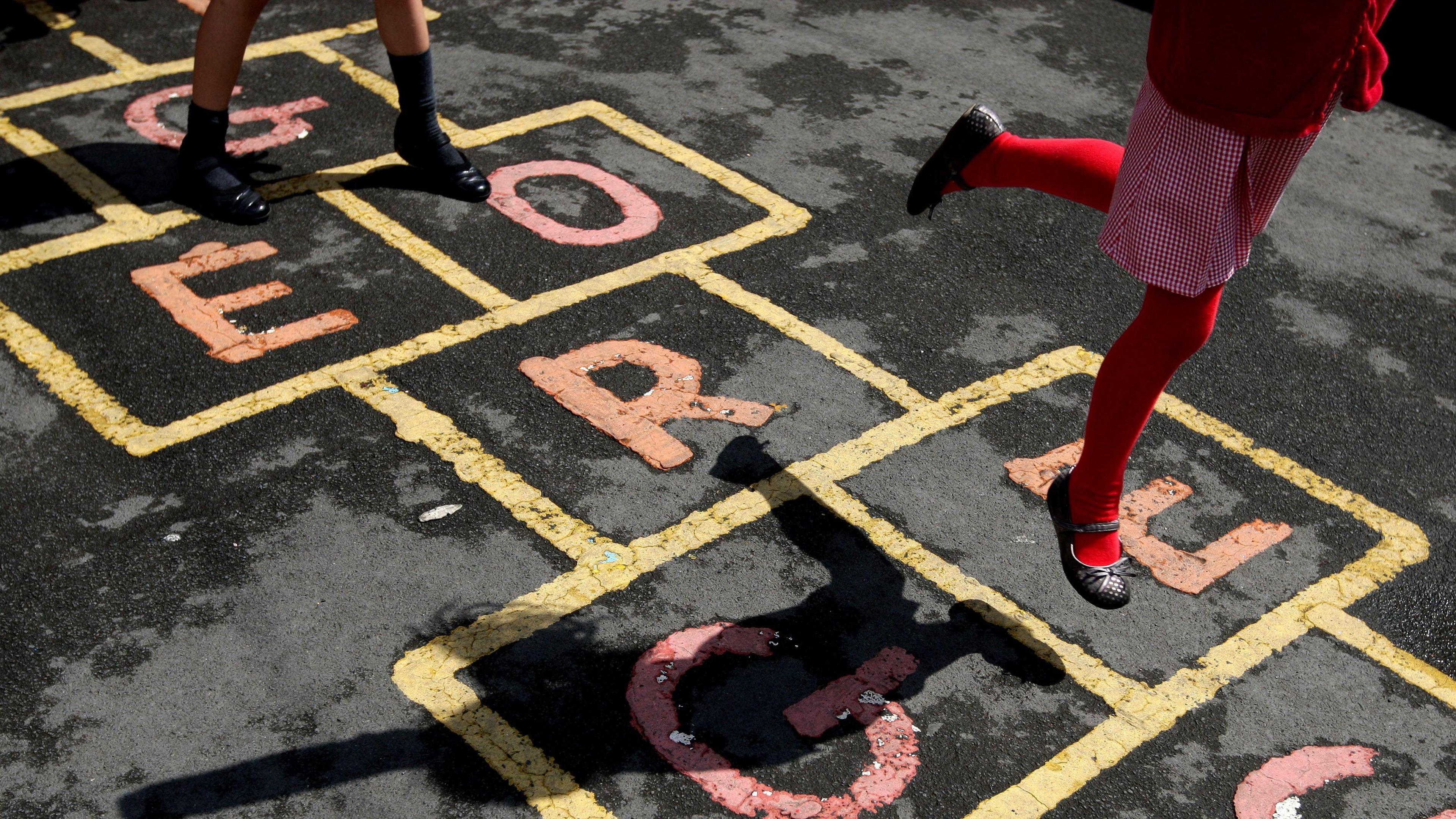
- Published21 March 2024
